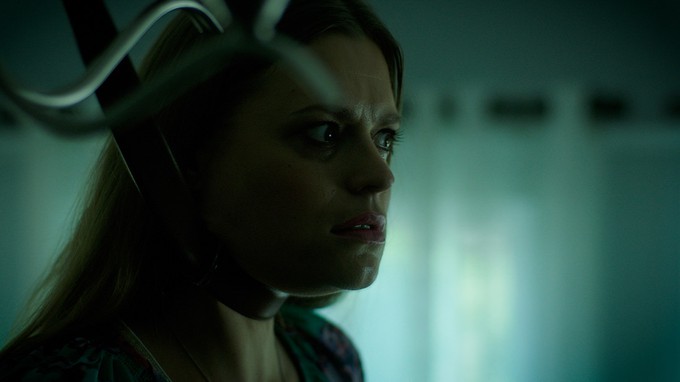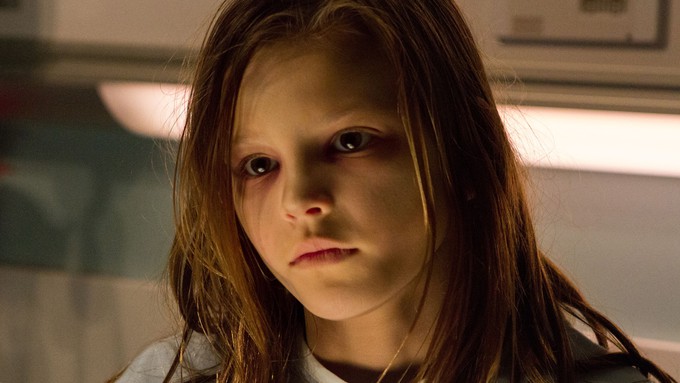Ain't It Cool News (www.aintitcool.com)
Review
SUNDANCE 2017: Capone reviews the female-focused midnight movies BITCH and XX!!!
Hey everyone. Capone in Park City, Utah for the Sundance Film Festival, taking a look at two highly anticipated, female-centric midnight offerings. Enjoy…
Readers Talkback



